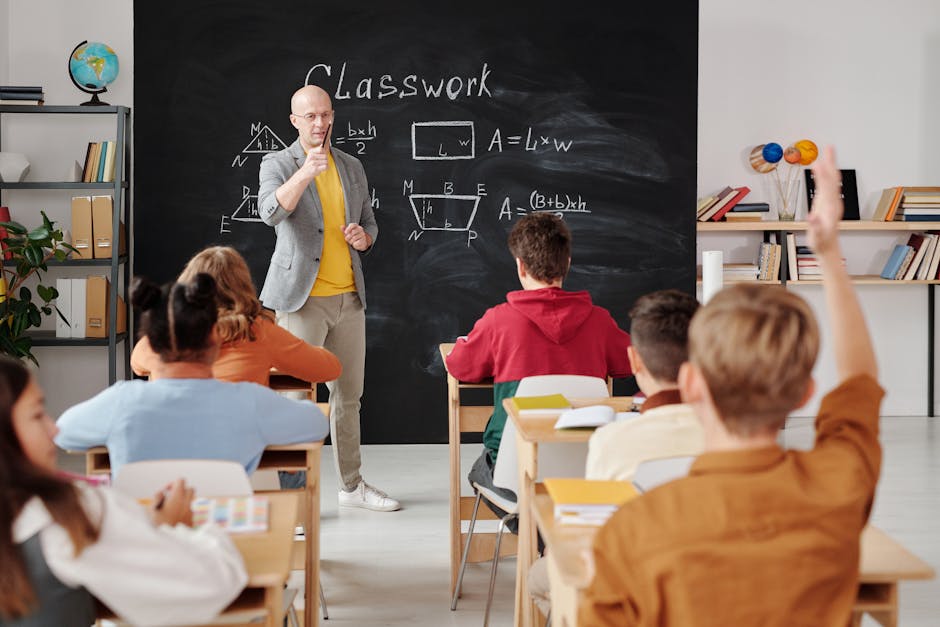In a world where every student deserves the opportunity to learn and grow, special education assessment plays a vital role in bridging the gap for students with disabilities. By understanding the diverse needs of these students and providing individualized support, inclusive practices can be implemented to measure progress and adapt interventions effectively. Let’s delve into how special education assessment can empower students and promote a culture of inclusion.
Understanding the Role of Special Education Assessment
Special education assessment serves as a fundamental tool in identifying the unique needs and strengths of students with disabilities. By conducting thorough assessments, educators and specialists can gather valuable insights into a student’s abilities, preferences, and challenges. These assessments go beyond traditional testing and delve into the individual’s learning style, social interaction skills, communication abilities, and more. Understanding these factors is crucial in developing tailored education plans that cater to each student’s specific requirements.
Moreover, special education assessment helps in determining eligibility for specialized services and accommodations that can enhance a student’s learning experience. By pinpointing areas where additional support is needed, educators can create a supportive environment that fosters growth and development. The data gathered through assessments also enables educators to set realistic goals and track progress effectively, ensuring that interventions are aligned with the student’s needs and yielding positive outcomes.
Through the lens of special education assessment, educators gain an in-depth understanding of how each student learns best, allowing them to implement targeted teaching strategies that promote student engagement and success. By recognizing and addressing the unique needs of students with disabilities, educators can create a supportive and inclusive learning environment where every individual feels valued and empowered to reach their full potential.
Tailoring Educational Strategies for Diverse Needs
When it comes to students with disabilities, one size does not fit all. Tailoring educational strategies to accommodate diverse needs is essential in ensuring that every student has equal access to quality education. Special education assessment plays a pivotal role in this process by providing educators with valuable insights into the individual strengths, challenges, and preferences of each student.
By analyzing assessment data, educators can identify the most effective instructional methods, assistive technologies, and support services to meet the unique needs of students with disabilities. This tailored approach not only enhances the learning experience for students but also empowers them to overcome challenges and achieve academic success. Through collaborative efforts among educators, parents, and specialists, customized educational strategies can be developed to create an inclusive and supportive learning environment for all students.
Furthermore, by adapting teaching techniques and materials to align with students’ specific learning styles and abilities, educators can maximize the potential for academic growth and skill development. Individualized education plans can be designed to address the cognitive, behavioral, and emotional needs of students, setting clear objectives and monitoring progress to ensure that each student receives the necessary support to thrive in an educational setting.
In essence, tailoring educational strategies for diverse needs fosters a culture of inclusivity and equity, where every student is valued for their unique abilities and contributions. By leveraging the insights gained from special education assessment, educators can create personalized learning experiences that cater to the individual needs of students, paving the way for success and empowerment in the academic journey.
Empowering Students through Individualized Support
Empowering students with disabilities requires a holistic approach that encompasses individualized support, personalized interventions, and a nurturing educational environment. Special education assessment serves as the cornerstone of this approach by guiding educators in understanding the diverse needs and capabilities of each student. Through collaborative assessment processes involving educators, parents, and specialists, a comprehensive and tailored support plan can be developed to address the unique requirements of students with disabilities.
By providing individualized support, students are equipped with the tools, resources, and accommodations necessary to succeed academically and socially. This personalized approach not only enhances academic achievement but also fosters self-confidence, independence, and a sense of belonging among students with disabilities. Through ongoing assessment and feedback, educators can fine-tune support strategies, identify areas for improvement, and celebrate the progress and achievements of each student.
Moreover, individualized support extends beyond academics to encompass social-emotional development, behavioral support, and transition planning to facilitate a smooth and successful educational journey for students with disabilities. By acknowledging and addressing the multifaceted needs of students, educators can create a safe, inclusive, and empowering environment where every student feels valued, supported, and inspired to reach their full potential.
Implementing Inclusive Practices in Educational Settings
Creating an inclusive learning environment requires a concerted effort to embrace diversity, promote equity, and foster a culture of acceptance and respect for all students. Special education assessment plays a critical role in this process by identifying the individual needs and strengths of students with disabilities, guiding educators in implementing inclusive practices that cater to diverse learning styles and abilities.
By incorporating universal design principles, differentiated instruction, and collaborative learning approaches, educators can create a classroom environment that celebrates diversity, encourages participation, and supports the individual growth of each student. Inclusive practices not only benefit students with disabilities but also enrich the educational experience for all learners by promoting empathy, understanding, and mutual respect.
Furthermore, inclusive practices extend beyond the classroom to encompass school-wide initiatives, community partnerships, and policy decisions that uphold the principles of diversity and inclusion. By fostering a culture of inclusivity and equity at every level of the educational system, educators can create a supportive and empowering environment where every student has the opportunity to learn, grow, and succeed.
Measuring Progress and Adapting Interventions
Continuous assessment and monitoring of student progress are essential components of effective special education programs. By measuring outcomes, tracking growth, and evaluating the impact of interventions, educators can make informed decisions to support the academic and social development of students with disabilities.
Regular progress monitoring allows educators to adjust teaching strategies, modify support services, and adapt interventions based on the evolving needs of students. Through data-driven decision-making and collaborative problem-solving, educators can address challenges, capitalize on strengths, and promote positive outcomes for students with disabilities. By analyzing assessment data and feedback, educators can identify areas for improvement, celebrate successes, and refine their approach to better meet the needs of each student.
Moreover, measuring progress and adapting interventions involve ongoing communication with students, parents, and stakeholders to ensure alignment and collaboration in supporting student growth. By fostering a culture of transparency, feedback, and continuous improvement, educators can create a dynamic and responsive learning environment that promotes success and empowers students with disabilities to overcome obstacles and achieve their full potential.
In conclusion, the process of measuring progress and adapting interventions is a continuous cycle that empowers educators to refine their practices, tailor support strategies, and optimize learning outcomes for students with disabilities. By embracing a data-informed approach and a commitment to student success, educators can create an inclusive and supportive educational setting where every student is valued, respected, and empowered to reach their goals.
Empowering Through Inclusion
Embracing the power of special education assessment enables us to create a more inclusive and supportive learning environment for students with disabilities. By tailoring educational strategies to meet diverse needs, we pave the way for progress and growth. As we continue to measure outcomes and adjust interventions, we ensure that every student has the opportunity to thrive and succeed, breaking barriers and fostering a community where diversity is celebrated and inclusion is the norm.

